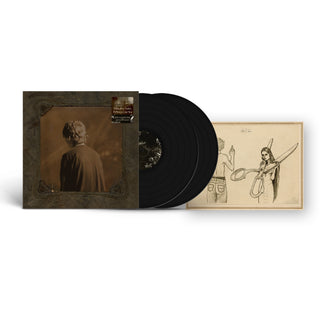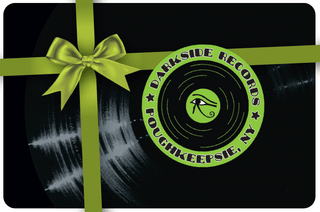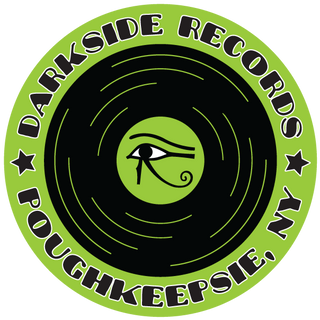The Twilight Zone, Vol. 26

The four episodes included on The Twilight Zone, Vol. 26 focus on characters who inevitably pay a price for their tragic flaws. In "The Big Tall Wish," an aging boxer (Ivan Dixon, later to costar in TV's Hogan's Heroes) can't comprehend the influence of a little boy's magical wish that brought him a surprise victory--a victory that's sacrificed to the fighter's own cynicism. (The twist is nothing new for TZ fans, but the episode's mostly black cast was a noteworthy breakthrough for 1960 television.) "Showdown with Rance McGrew" is an amusing send-up of pampered actors, in this case a milquetoast TV cowboy whose comeuppance arrives in the form of the real Jesse James--in a real Western town--whose attitude toward phony cowboys is anything but tolerant.
Fine performances by Barry Morse and Joan Hackett highlight "A Piano in the House," in which a sadistic critic uses a magical player piano to expose the hidden truths of several party guests, only to be himself revealed as more pathetic than any of his victims. "Night Call" is a classic episode combining terror and human weakness in the story of an elderly woman (Gladys Cooper) who receives phone calls from beyond the grave, realizing too late that the caller might have brought happiness to her final days. When viewed together, these four episodes demonstrate how The Twilight Zone often recycled themes and basic plots with admirable ingenuity, thus defining the series' overall mission as set forth by Rod Serling. Some episodes work better than others, but they all illuminate the complex faults, foibles, and grand ambitions that make Twilight Zone characters so timelessly appealing.
The four episodes included on The Twilight Zone, Vol. 26 focus on characters who inevitably pay a price for their tragic flaws. In "The Big Tall Wish," an aging boxer (Ivan Dixon, later to costar in TV's Hogan's Heroes) can't comprehend the influence of a little boy's magical wish that brought him a surprise victory--a victory that's sacrificed to the fighter's own cynicism. (The twist is nothing new for TZ fans, but the episode's mostly black cast was a noteworthy breakthrough for 1960 television.) "Showdown with Rance McGrew" is an amusing send-up of pampered actors, in this case a milquetoast TV cowboy whose comeuppance arrives in the form of the real Jesse James--in a real Western town--whose attitude toward phony cowboys is anything but tolerant.
Fine performances by Barry Morse and Joan Hackett highlight "A Piano in the House," in which a sadistic critic uses a magical player piano to expose the hidden truths of several party guests, only to be himself revealed as more pathetic than any of his victims. "Night Call" is a classic episode combining terror and human weakness in the story of an elderly woman (Gladys Cooper) who receives phone calls from beyond the grave, realizing too late that the caller might have brought happiness to her final days. When viewed together, these four episodes demonstrate how The Twilight Zone often recycled themes and basic plots with admirable ingenuity, thus defining the series' overall mission as set forth by Rod Serling. Some episodes work better than others, but they all illuminate the complex faults, foibles, and grand ambitions that make Twilight Zone characters so timelessly appealing.





